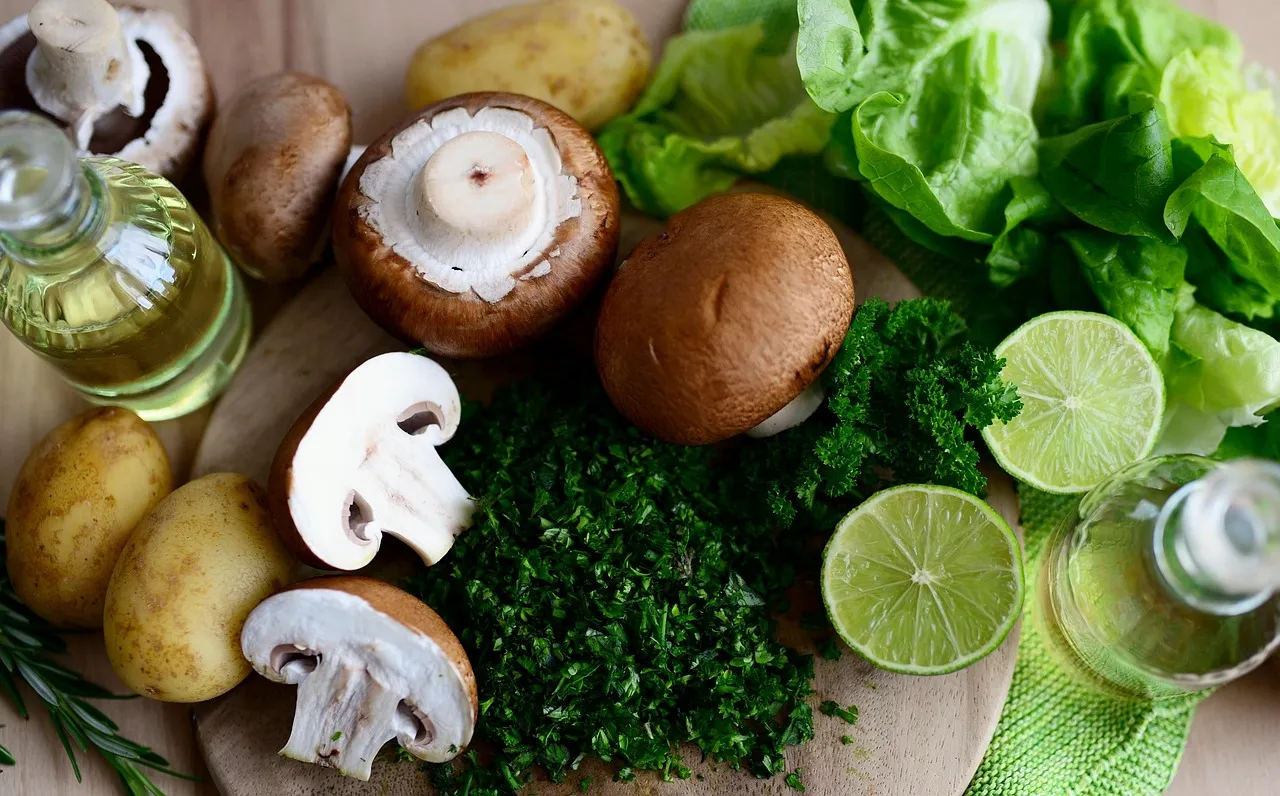
The Amazing Effects of Basil on Health and Cooking
Basil, this wonderful herb, has been captivating kitchens and the hearts of healers around the world for centuries. With a rich array of flavors, aromas, and health benefits, it is not only beloved in Italian cuisine but also widely used in many other national gastronomies. The leaves of basil make dishes fresh and delicious, while the plant’s beneficial effects extend to our physical and mental health.
Basil is more than just a simple spice; it also holds spiritual and symbolic significance. In many cultures, it symbolizes love, respect, and joy, uniting people. The aroma and taste of basil provide a unique experience and truly create a magical transformation in dishes made from simple ingredients during cooking. The plant is not only tasty but also nutritious, packed with vitamins and minerals that contribute to maintaining our health. Therefore, basil is a true treasure worth exploring and incorporating into our daily lives.
Nutritional Components of Basil
Basil leaves are full of valuable nutrients that contribute to maintaining health. They are rich in vitamins such as A, C, and K, as well as minerals like calcium, magnesium, and iron. These components stimulate the immune system, help maintain bone health, and contribute to cell regeneration.
For example, vitamin C is a powerful antioxidant that helps neutralize free radicals, thereby slowing down the aging of cells. Vitamin A contributes to eye health, while vitamin K plays an important role in blood clotting and bone strength. Additionally, basil contains polyunsaturated fatty acids that have beneficial effects on the cardiovascular system.
The essential oils of basil, such as eugenol, also play a significant role in the plant’s health benefits. Eugenol has anti-inflammatory and pain-relieving properties, which can help in treating various health issues, such as headaches or joint pain. Thus, basil is not only a flavorful spice but also a true nutritional powerhouse worth incorporating into our daily lives.
The Anti-Inflammatory Effects of Basil
Due to its anti-inflammatory properties, basil plays a prominent role in health preservation. Inflammation is the body’s natural response to injuries or infections, but when it becomes chronic, it can lead to serious health problems. Compounds found in basil, such as eugenol, quercetin, and rosmarinic acid, can help reduce inflammation, thereby contributing to the overall well-being of the body.
Numerous studies confirm the anti-inflammatory effects of basil. Eugenol is particularly a strong anti-inflammatory agent that can help alleviate pain and moderate inflammatory processes. Regular consumption of basil can thus aid in relieving symptoms of chronic inflammations, such as arthritis or inflammatory bowel disease.
Furthermore, the antioxidant effects of basil also contribute to reducing inflammation by neutralizing free radicals, thereby protecting cells from harmful effects. Therefore, basil is not only delicious but also offers numerous health benefits that can help in managing inflammatory conditions.
Basil in Service of Mental Health
Basil positively affects not only our physical but also our mental health. The essential oils of basil used in aromatherapy can help reduce stress, alleviate anxiety, and improve mood. Inhaling the essential oils or applying them to the skin can provide a calming effect, helping to manage everyday stress.
The fresh scent of basil stimulates mental alertness and improves concentration. The compounds found in the plant may contribute to enhancing mood and reducing fatigue, thus assisting in the completion of daily tasks. Drinking basil tea also positively impacts mental health; its calming effect can help improve sleep quality.
Additionally, using basil in cooking can also contribute to mental health. Flavoring dishes and the cooking process can bring joy and creativity to everyday life, which is important for mental well-being. Thus, basil is not just a tasty spice but also plays an important role in maintaining mental balance.
Using Basil in the Kitchen
The versatility of basil in the kitchen is unparalleled. It is an essential part of Italian dishes, but it can also be found in many other national cuisines. Fresh basil leaves pair perfectly with tomato dishes, salads, pastas, and various sauces. Its flavor is enhanced when used fresh, but it can also be excellently utilized when dried.
Using basil is not only important for the flavor experience but also for its nutrient content. By using fresh leaves, we not only enhance the taste of dishes but also enrich them with vitamins and minerals. Delicious basil pesto, for example, can be easily prepared and makes a great addition to pasta, sandwiches, or even vegetables.
When using basil, it is worth noting that heat treatment can reduce its flavor and nutrient content, so it is advisable to add it at the end of cooking to preserve its freshness. Creative cooking with basil not only enhances gastronomic pleasures but also provides the opportunity to prepare healthy and nutritious meals that can delight the entire family.
Thus, basil is not merely a simple spice but a true superfood with numerous beneficial effects. It is worth incorporating it into our daily diet to enjoy both its flavor and health benefits.
Warning: This article does not constitute medical advice. Please consult a doctor for any health issues.

